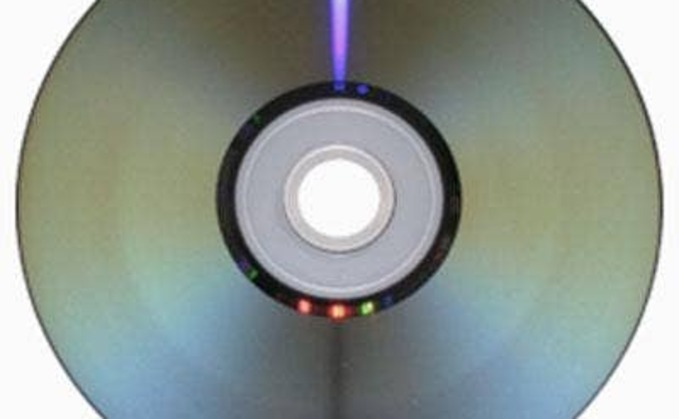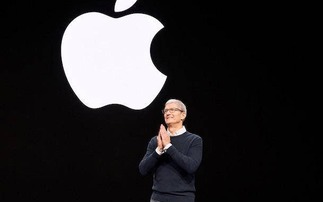
Using 3D storage techniques, scientists at the University of Shanghai for Science and Technology developed an optical disk capable of accommodating 1.6 petabits of data (that's 1.6 million gigabits).
The data density surpasses that of a Blu-ray disc by a factor of 4,000 and exceeds the storage capacity of the most advanced hard disks currently available by 24 times.
Traditional optical disks such as DVDs and Blu-rays have long been lauded for their affordability and durability. However, their limited data storage capacity has been a constraint in an era defined by exponential data growth.
Until now, optical disks have predominantly relied on a single layer of data storage, read and written using laser technology.
The Chinese researchers transcended these limits using 3D data storage.
The new technique enables the reading and writing of data across up to 100 layers, each just 54 nanometres (nm) thick.
The researchers employed a dual-laser approach to write data onto the disk. A green laser with a wavelength of 515nm initiated spot formation, while a red laser at 639nm deactivated the writing process.
By finely adjusting the timing between laser pulses, the scientists achieved spot sizes smaller than the wavelengths of light used in their creation.
The new 3D storage disks can be manufactured using a similar process to that used for DVD mass production, with each one taking about six minutes to produce.
For data retrieval, the researchers used another pair of lasers: a blue beam at 480nm induces fluorescence in the spots, while an orange light at 592nm stops the fluorescence process.
Central to this approach is the use of a novel light-sensitive material known as AIE-DDPR, which exhibits different responses to varying wavelengths of light.
Professor Min Gu, a leading figure in the research team and co-author of the paper published in the journal Nature, highlighted the potential of the discovery:
"This could greatly reduce the footprint as well as the energy consumption of the future big data centers, providing a sustainable solution for the digital economy," he said.
Professor Gu and his research team previously achieved a milestone in 2013, with the development of 9nm direct laser writing technology based on dual-beam writing. The 3D nanoscale optical disk memory technology builds on this foundation.
The breakthrough heralds a new era of data storage efficiency and accessibility, with applications ranging from big datacenters to everyday consumer electronics.
Ongoing efforts to enhance write speed and energy efficiency could bring even greater advancements in the near future.
Gu suggests that increasing the number of layers in each disk may become feasible in the future through the implementation of improved lenses and minimizing aberrations in optical systems.
This article originally appeared on our sister site Computing.
















